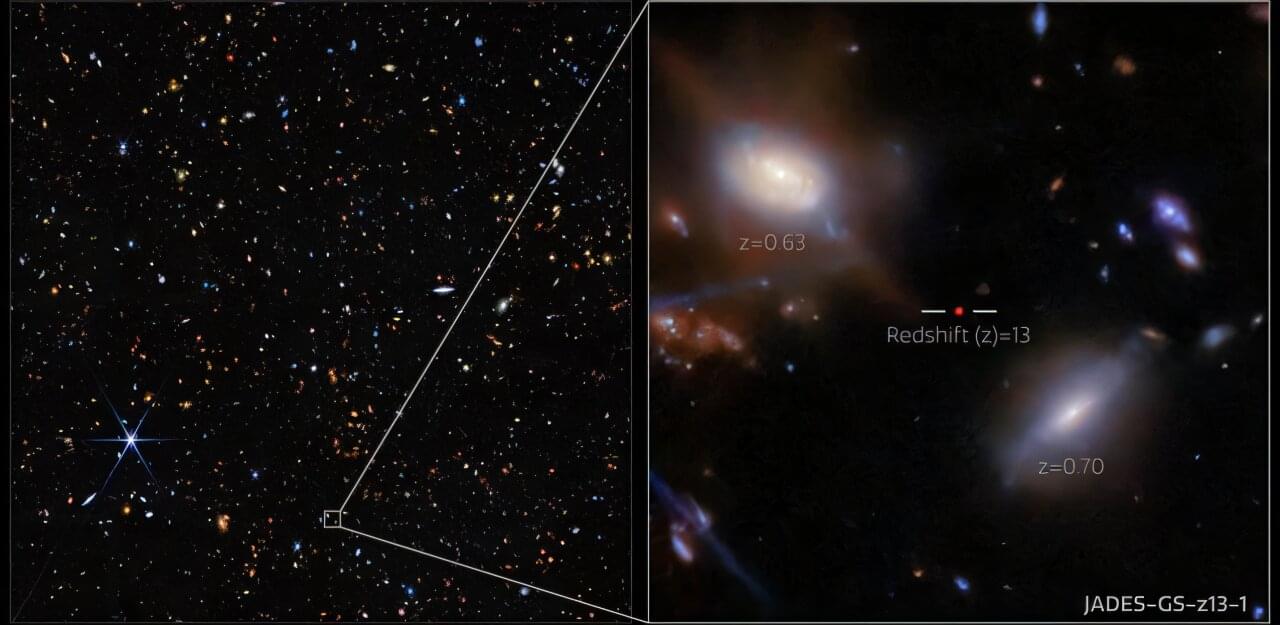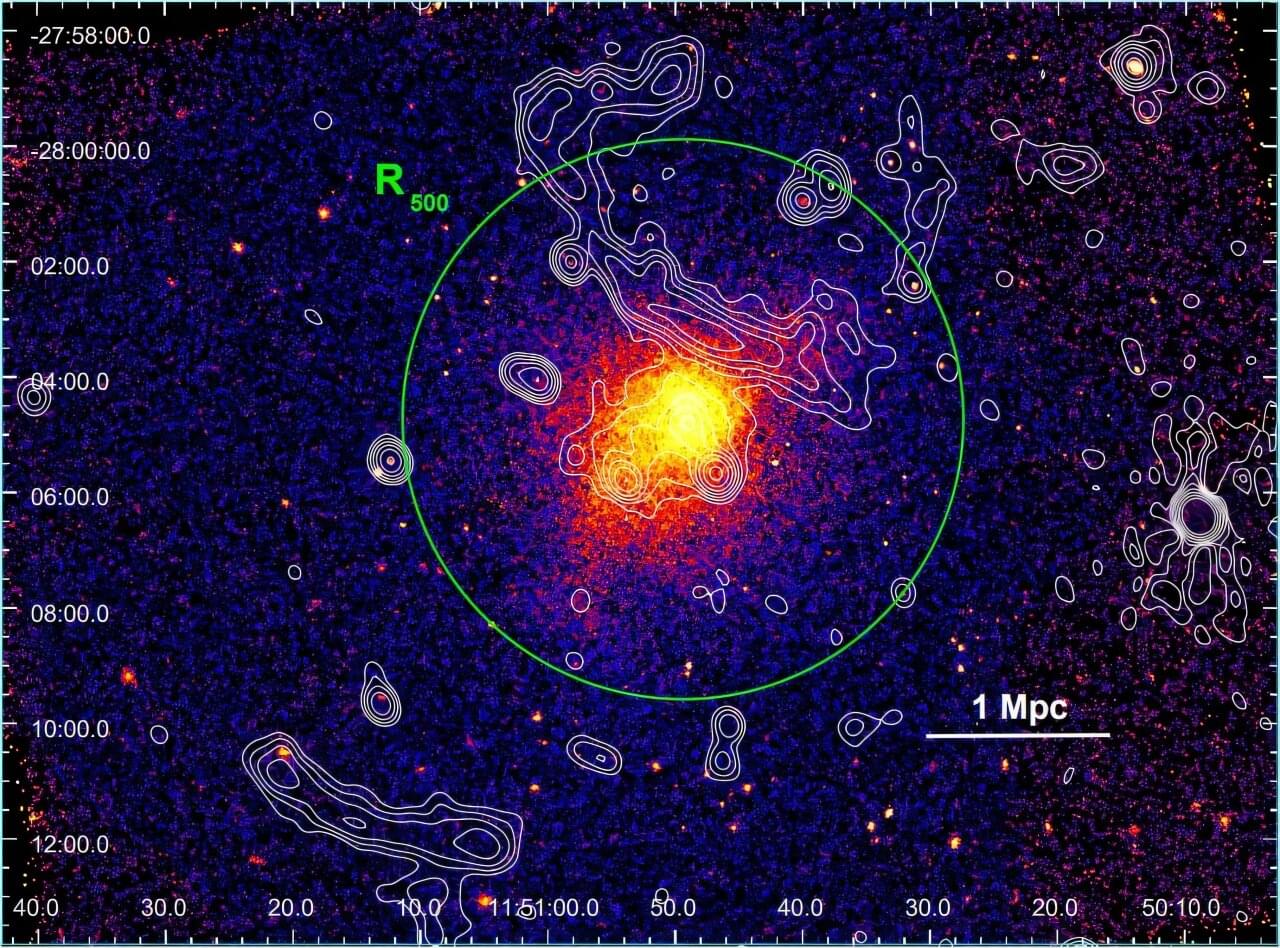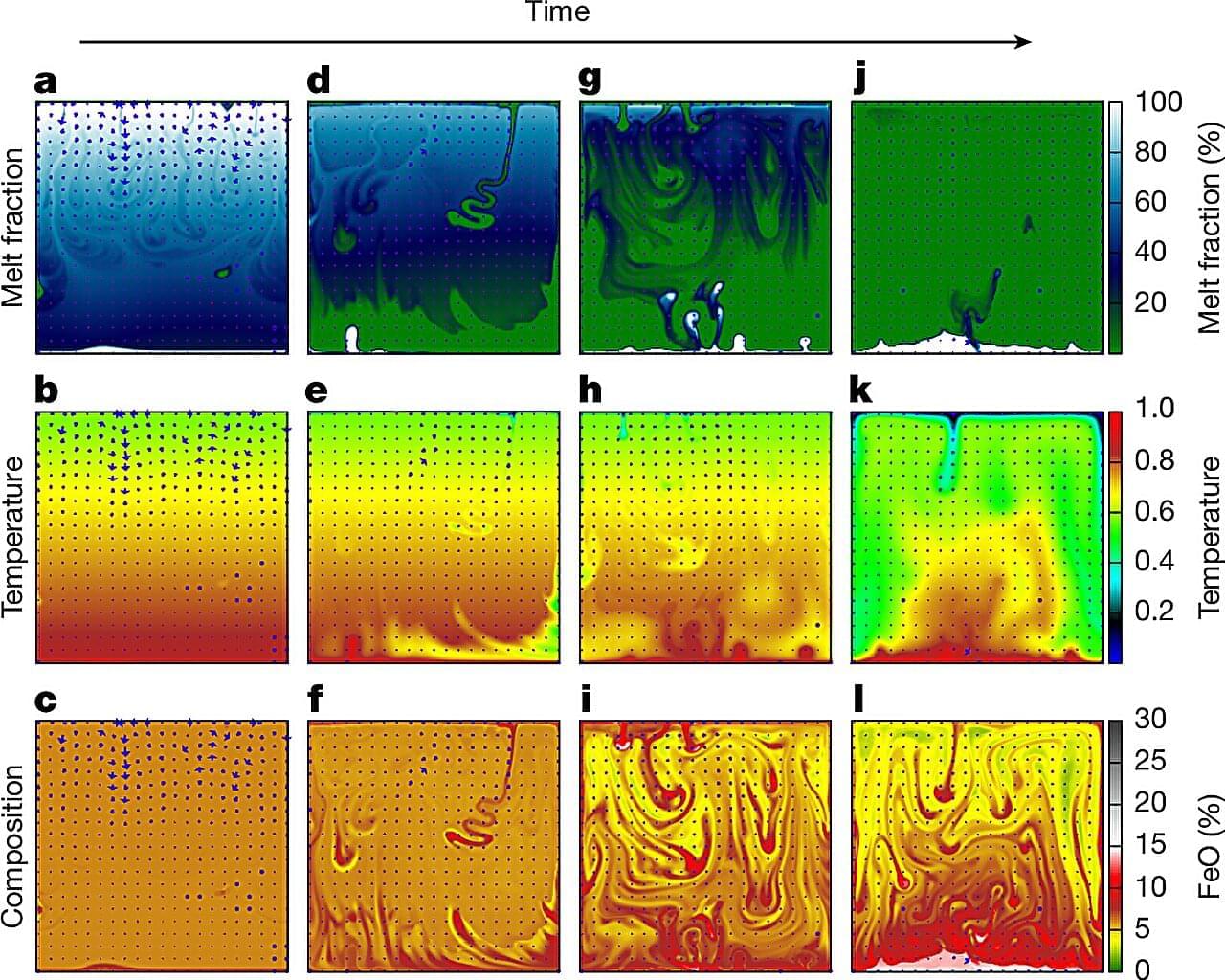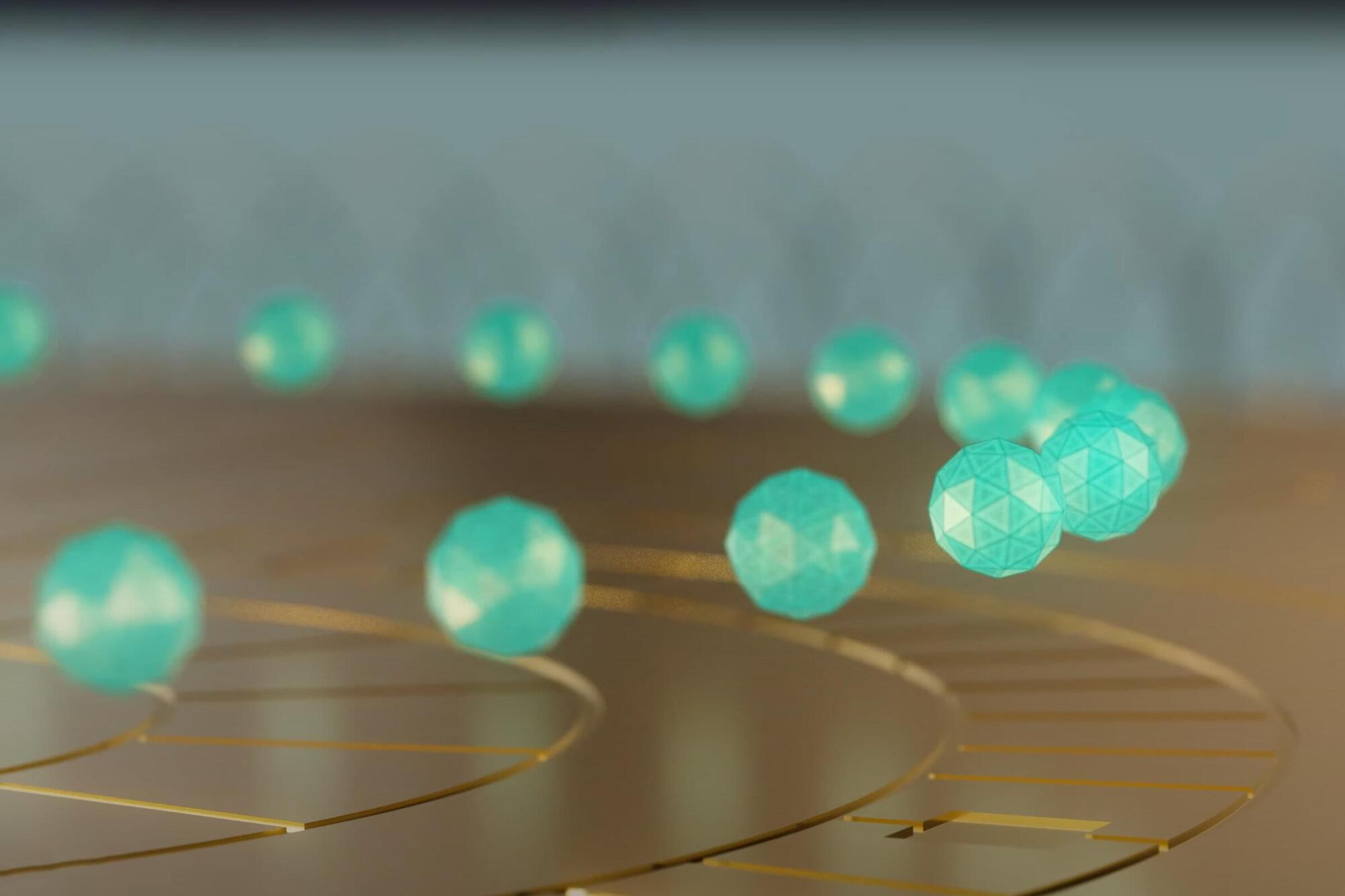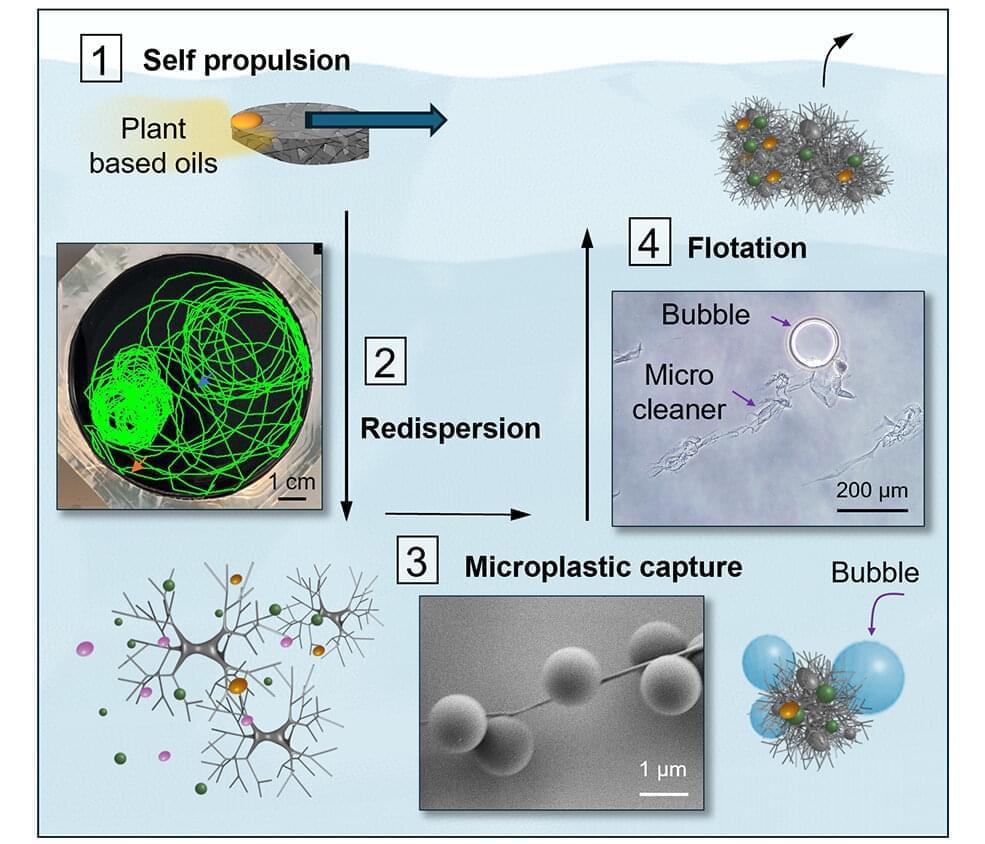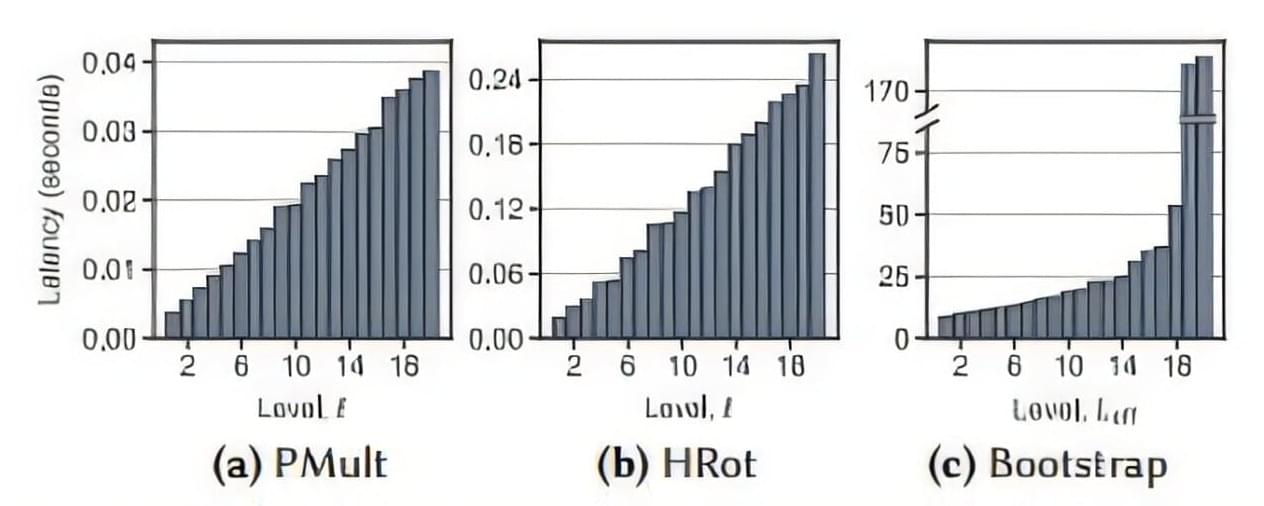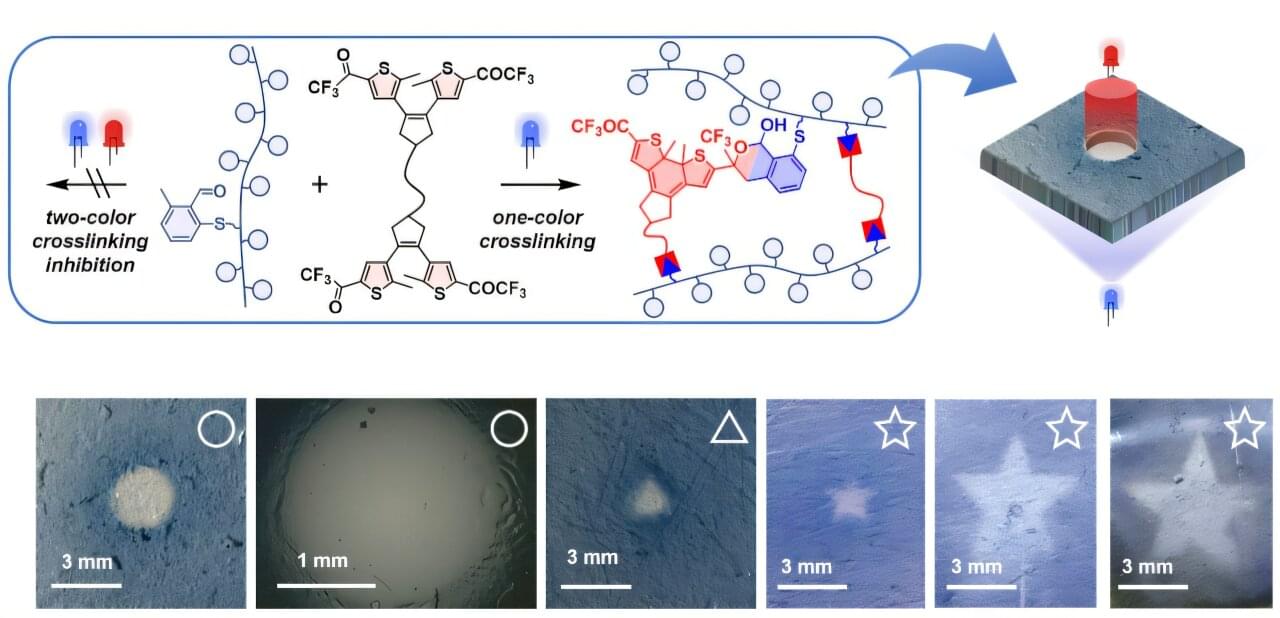Scientists analyzing pulverized rock onboard NASA’s Curiosity rover have found the largest organic compounds on the red planet to date. The finding, published Monday in the Proceedings of the National Academy of Sciences, suggests prebiotic chemistry may have advanced further on Mars than previously observed.
Scientists probed an existing rock sample inside Curiosity’s Sample Analysis at Mars (SAM) mini-lab and found the molecules decane, undecane, and dodecane. These compounds, which are made up of 10, 11, and 12 carbons, respectively, are thought to be the fragments of fatty acids that were preserved in the sample. Fatty acids are among the organic molecules that on Earth are chemical building blocks of life.
Living things produce fatty acids to help form cell membranes and perform various other functions. But fatty acids also can be made without life, through chemical reactions triggered by various geological processes, including the interaction of water with minerals in hydrothermal vents.

